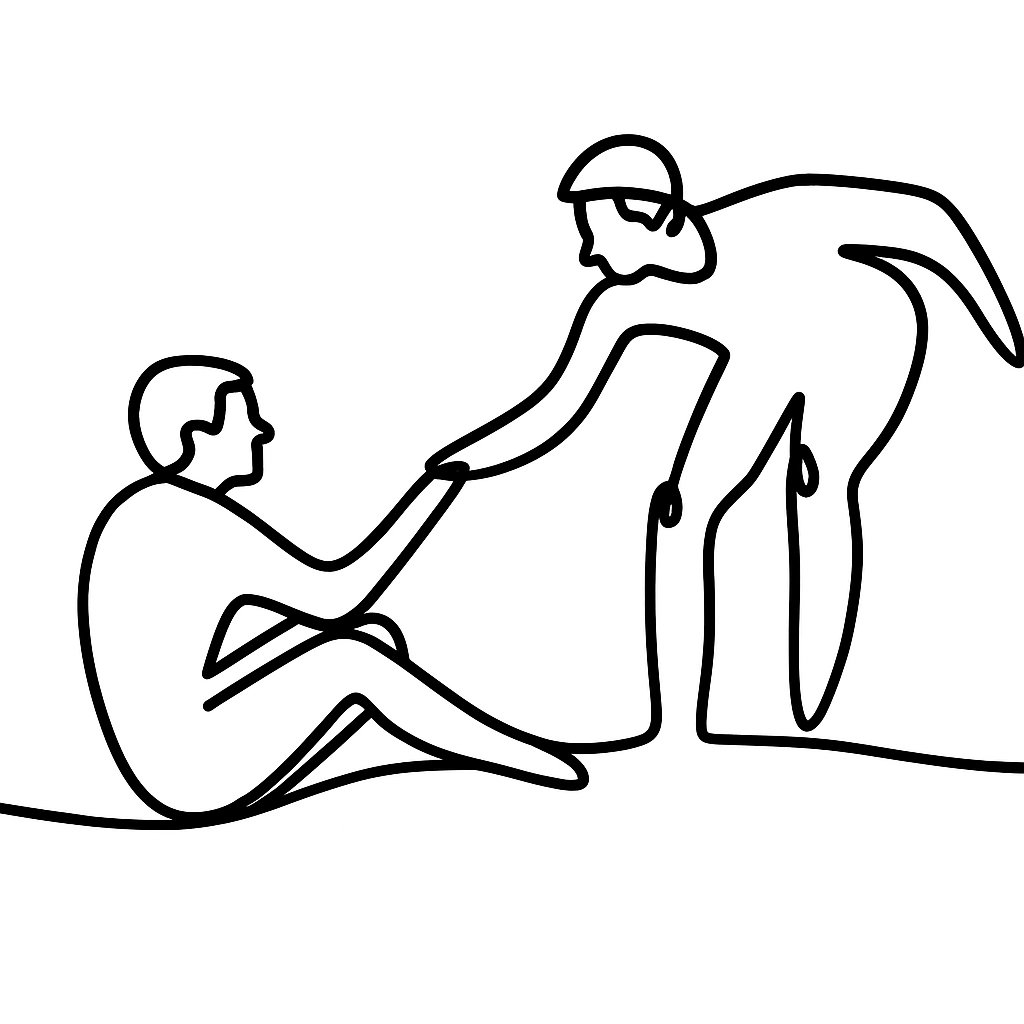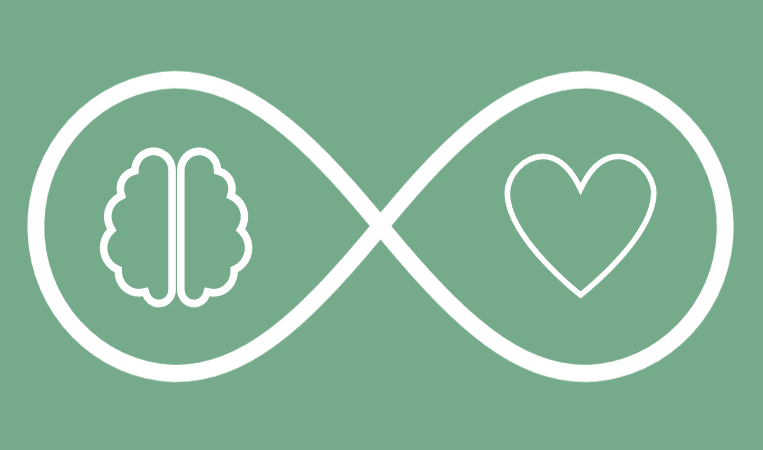Psychotherapy with the Relational Intelligence (RI®) model
is a humanistic and holistic approach to psychotherapy that uses therapeutic tools strongly based on scientific principles. It can resemble EMDR or CBT in certain aspects. It differs from ‘traditional’ psychology and clearly distances itself from psychoanalysis.

Created by François Le Doze, neurologist at the CHU in Caen, the Relational Intelligence (IR®) model is inspired by, strengthens, and enriches other modern models (Polyvagal Theory (TPV) (1), IFS® (Internal Family System) (2,4), Attachment Theory (3)), which have led to serious, recognized, and peer reviewed scientific publications.
RI® is based on recent discoveries in neuroscience, particularly the understanding of the neurobiological regulation of the autonomic nervous system.
Like EMDR, the model takes into account the brain’s neuroplasticity in the therapeutic process, i.e the brain’s ability to recover and restructure itself. This is a source of hope for everyone as a patient, isn’t it ?
Relational Intelligence® psychotherapy does not offer techniques to « live with » a problem. It enables a deep transformation of the self (through our brain’s neuroplasticity) in order to « live freed » from it and thrive.

— Dr François Le Doze, creator of Relational Intelligence model RI®, Neurologist, Psychotherapist, Former certified trainer IFS, Founder & director of Self Thérapie Formation®
« The goal of a psychotherapy in Relational Intelligence® is to help individuals or human groups resolve internal or external conflicts and, while keeping connection with others, achieve a sense of inner unity and calm, a clearer vision of their life path, more resources in terms of creativity when facing obstacles, and greater confidence in facing the challenges life presents.»
This method not only addresses complex psychological traumas but also the attachment disorders that are often associated with and pre-existing to them. This is how it goes beyond EMDR or CBT, which have shown their effectiveness for issues related to a specific event or behaviors.
It is a medium-term support that takes into account the emotional, physical, and psychological dimensions of the person, at the end of which the patient (re)gains autonomy in relation to their issue. It is therefore truly a holistic psycho-corporal therapy.


